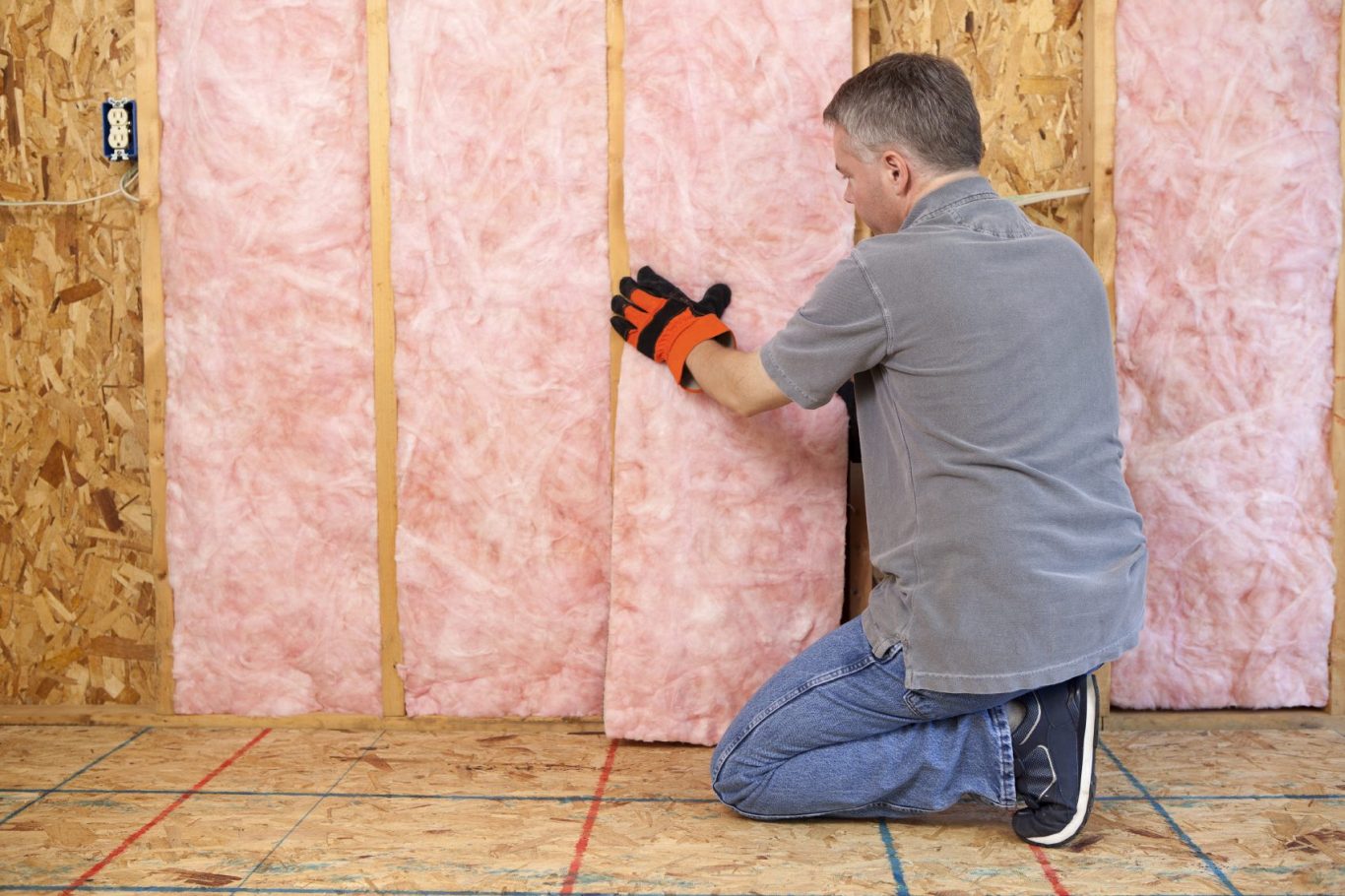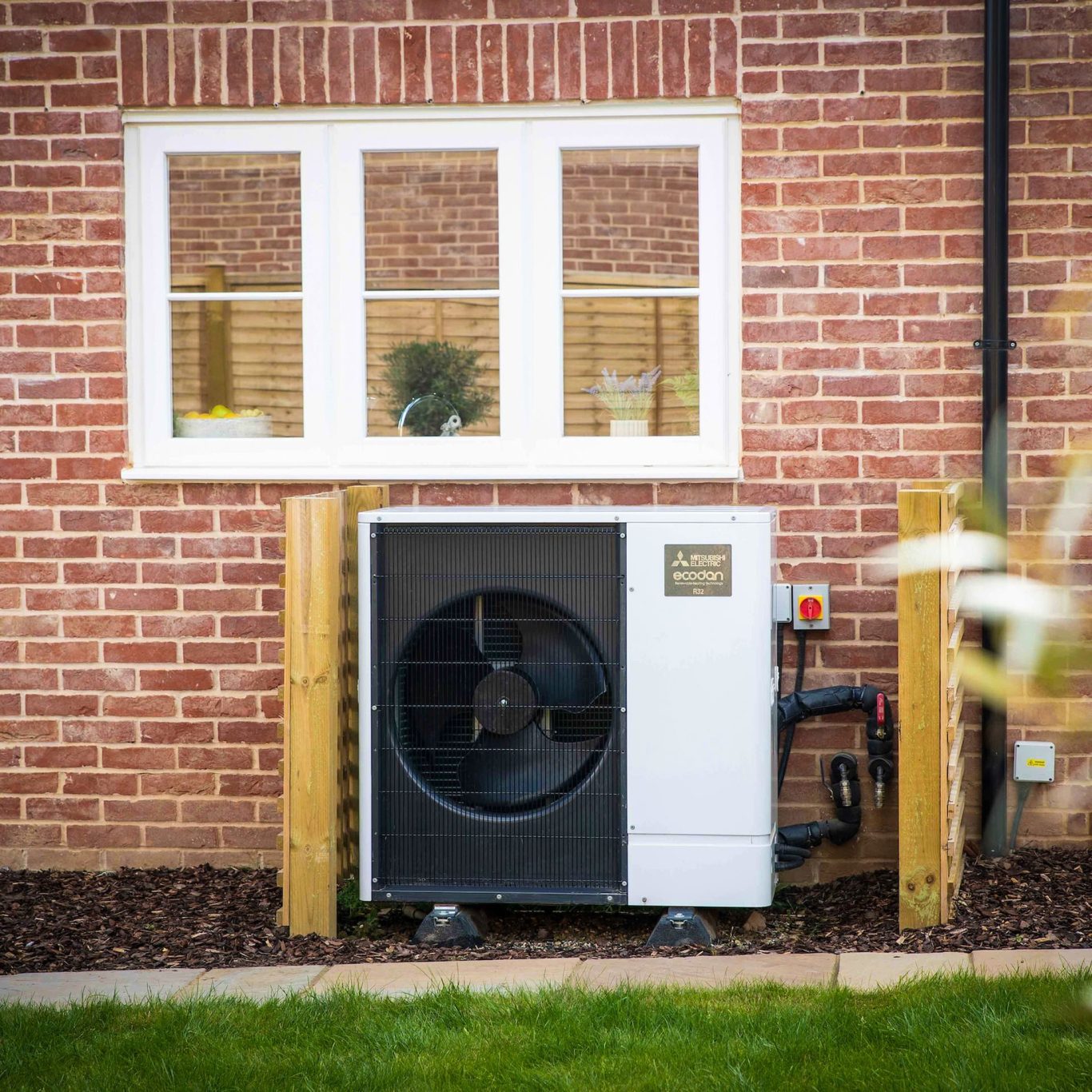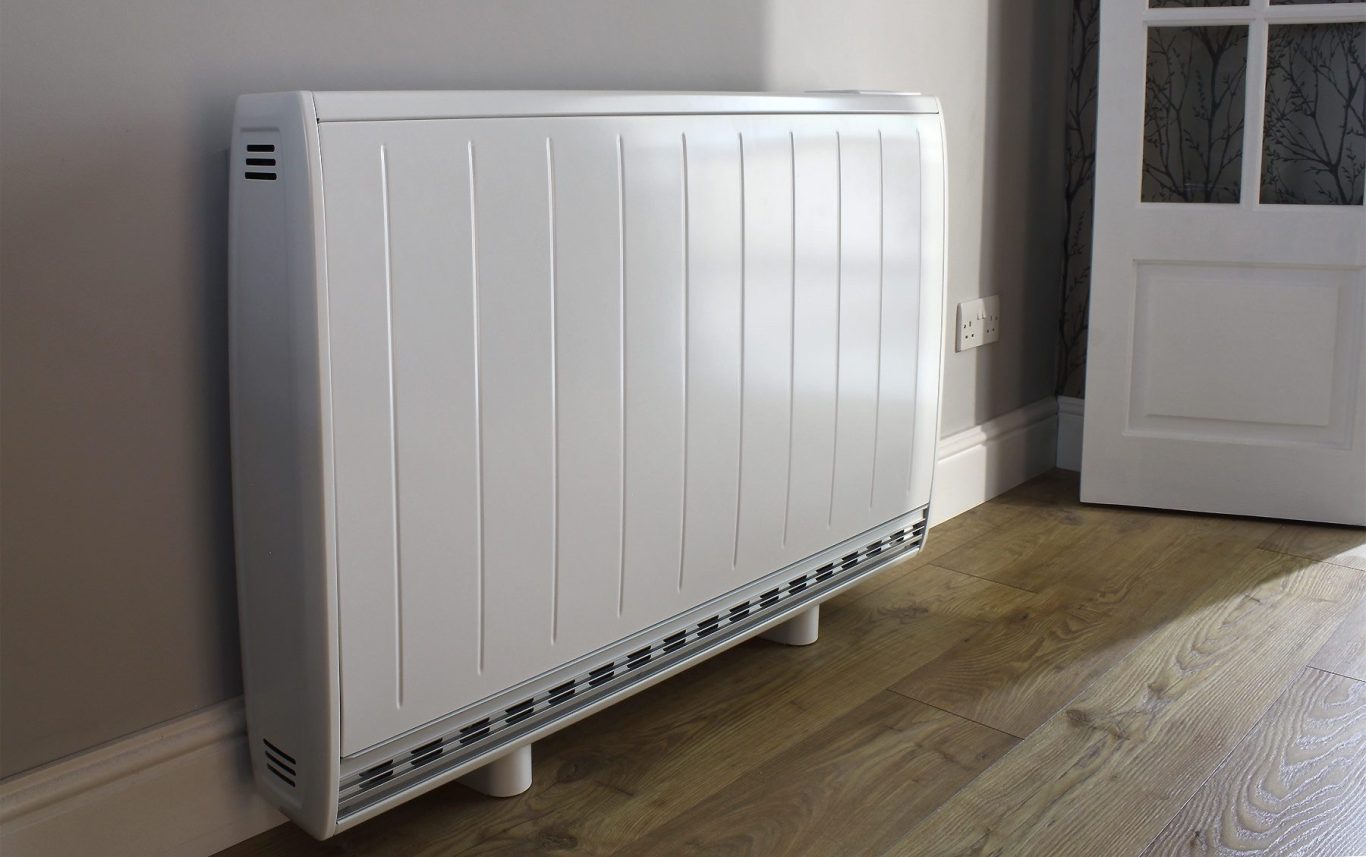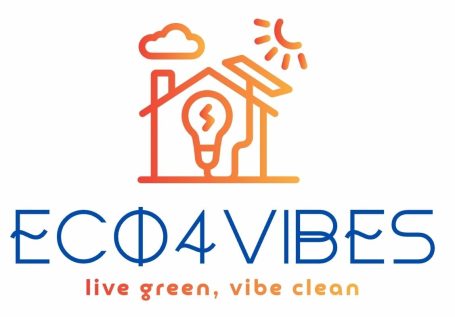Installation Measures You Could Be Eligible For

Wall Insulation
The Energy Company Obligation (ECO) scheme is a UK government initiative that provides grants to help homeowners and private tenants insulate their homes and lower heating costs. As part of the Green Deal Energy Efficiency Program, the scheme is regulated by Ofgem and funded by major energy companies to improve energy efficiency, reduce carbon emissions, and combat fuel poverty.
What Insulation Grants Are Available?
✅ Cavity Wall Insulation
Available for properties built between 1924 and 1982.
The external walls must have a cavity of at least 40mm and be uninsulated.
✅ Solid Wall Insulation
Designed for homes with solid brick or stone walls.
To qualify, you may need to be receiving benefits such as Income Support, Child Benefit, or Housing Benefit, or meet criteria based on income, vulnerability, or health conditions.
✅ Internal Wall Insulation
Available for privately owned or rented properties with solid walls.
If eligible, insulation can be installed inside your home using a stud wall filled with insulation material or externally by fixing insulation to the outer walls.
How Does It Work?
If you qualify, a registered installer will conduct a free survey of your home to determine the best insulation option. Once approved, the installation is carried out at little to no cost.
At Eco4Vibes, we’re here to help you navigate the process and secure your funding. Apply today to check your eligibility and start saving on your energy bills!
Loft Insulation
The Great British Insulation Scheme (GBIS), formerly known as ECO+, is a government-backed initiative designed to help eligible households improve energy efficiency and reduce heating costs. One of the key upgrades available through the scheme is loft insulation, which can save homeowners between £330 and £590 per year on energy bills.
What is Loft Insulation?
Loft insulation is a material barrier installed between the top floor ceiling and the roof to prevent heat loss from the living space below. It helps to:
✅ Improve energy efficiency
✅ Maintain a comfortable indoor temperature year-round
✅ Reduce energy consumption and lower bills
✅ Minimize carbon footprint
The UK government recommends a minimum thickness of 300mm for loft insulation to maximize energy savings.
Who Qualifies for Loft Insulation Grants?
To be eligible for free or subsidized loft insulation under GBIS, a household must:
✔️ Have an Energy Performance Certificate (EPC) rating of D to G
✔️ Be in council tax bands A–D in England or A–E in Scotland and Wales
✔️ Not have previously received government funding for energy improvements
✔️ Not qualify for ECO4 – However, households receiving benefits like Child Benefit, Pension Guarantee Credit, or Income Support may still qualify under the scheme’s low-income group.


Air Source Heat Pump
Air source heat pumps (ASHPs) are an innovative, low-carbon way to heat your home, providing warmth and hot water even in freezing temperatures as low as -15°C. Instead of burning gas, these pumps extract heat from the air outside and use it to efficiently warm your home.
Why Choose an Air Source Heat Pump?
✅ Highly efficient – Converts electricity into heat with over 350% efficiency, compared to just 90% for an A-rated gas boiler.
✅ Lower carbon footprint – Reduces reliance on fossil fuels, helping the UK move towards Net Zero.
✅ Year-round comfort – Keeps your home warm in winter and can even provide cooling in summer.
✅ Cost-effective in a well-insulated home – Provides consistent and reliable heating while cutting energy consumption.
How Does It Work?
Air source heat pumps use the same technology as a fridge – but in reverse! Here’s how:
1️⃣ Pulls in air from outside and transfers its warmth to a special refrigerant liquid.
2️⃣ The liquid absorbs heat and turns into a gas.
3️⃣ The gas is compressed, raising its temperature and creating heat for your home and hot water.
4️⃣ After transferring its warmth, the gas cools down and returns to liquid form, repeating the cycle.
This efficient process means you get reliable heating using only electricity, reducing both energy bills and carbon emissions.
Electric Storage Heating
Electric storage heaters, also known as night storage heaters, are an energy-efficient way to heat your home by using cheaper, off-peak electricity at night and gradually releasing warmth throughout the day. They are specifically designed to work with time-of-use electricity tariffs, such as Economy 7 or Economy 10, which offer lower rates during nighttime hours.
How Do Storage Heaters Work?
✅ Heat up overnight – Internal ceramic or clay bricks absorb and store heat using low-cost night-time electricity.
✅ Gradually release warmth – During the day, the heater slowly radiates heat to maintain a comfortable indoor temperature.
✅ Even heat distribution – Storage heaters pull in cooler air, warm it up, and release it evenly throughout the room.
Key Features:
🔹 Wall-mounted design – Looks similar to a radiator and blends seamlessly into any space.
🔹 Adjustable controls – Use the input dial to regulate how much heat is stored and the output control to manage when and how much warmth is released.
Tips for Using Storage Heaters Efficiently:
✔️ Set them up correctly – Ensure your heater is programmed to store the right amount of heat based on your daily needs.
✔️ Turn them off in summer – Disconnect your storage heaters during warmer months to avoid unnecessary energy costs.
✔️ Use Economy 7 or Economy 10 tariffs – These lower-cost electricity plans maximize savings on heating costs.
Storage heaters offer a cost-effective, energy-efficient solution for homes without gas central heating.


Solar Panels
Solar panels, also known as photovoltaic (PV) cells, convert sunlight into clean, renewable electricity for your home. Made from semiconductor materials like silicon, these panels harness the sun’s energy to reduce your reliance on traditional power sources—helping you lower energy bills and cut carbon emissions.
How Do Solar Panels Work?
☀️ Sunlight hits the PV cells, releasing electrons that generate an electric charge.
⚡ This creates direct current (DC) electricity, which flows through the panel’s wiring.
🔄 An inverter converts DC to alternating current (AC), the type of electricity used in homes.
Solar panels range from small cells that power devices like calculators to large arrays that generate electricity for entire homes or even power plants.
Benefits of Installing Solar Panels
✅ Lower energy bills – A typical 3.5 kW system can save households between £130 and £310 per year (according to MoneySavingExpert).
✅ Increase property value – Homes with solar panels are more attractive to buyers.
✅ Eco-friendly – Reduces your reliance on fossil fuels and helps the UK move toward Net Zero.
✅ Long-term savings – Once installed, solar panels can generate free electricity for 25+ years.
Maximizing Your Savings
💡 The amount you save depends on factors like:
✔️ The size of your system and the amount of sunlight your home receives.
✔️ Your electricity usage – Homes that use energy during daylight hours benefit the most.
✔️ Access to government incentives or grants to help with installation costs.
At Eco4Vibes, we help homeowners access funding for solar panel installation. Apply today to check your eligibility and start saving with clean, renewable energy!
We need your consent to load the translations
We use a third-party service to translate the website content that may collect data about your activity. Please review the details in the privacy policy and accept the service to view the translations.
